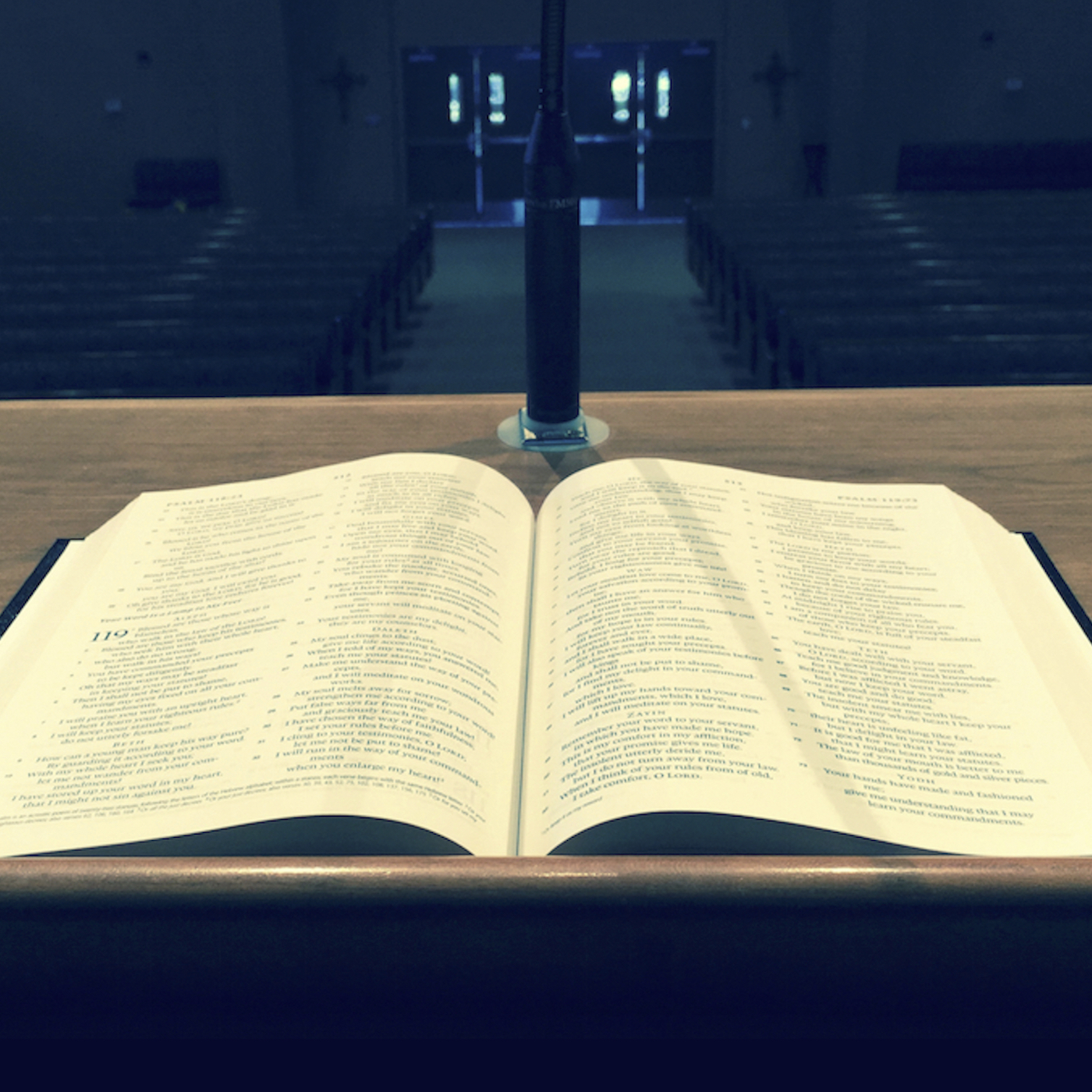
Prepare your heart for the Sermon by looking through these suggestions that will assist you in making the most of our time together hearing God's Word.
You will find suggestions for thinking more critically through the passage, meditating more intently on the text, and prayerfully seeking wisdom to deepen your understanding of the passage to be preached this Sunday.
Carefully Think
- Read all of Psalm 19; who is the author? What are verses 1-6 describing? What are verses 7-14 describing? For those two sections, what are the two categories of revelation? (General and Special)
- Notice in several English translations the spelling of "LORD" is with all capitals. What does this indicate? How is David referring to God?
- Focus on 7-14; list attributes about the "law of the LORD." For each attribute found, what is the result of each?
- What is the shift in verse 12-13 describing? What are these errors, hidden faults, and presumptuous sins, and what is their source according to Scripture? (Gen 6:5, Jer 17:9)
- How does verse 14 end? What words do you find in David's mouth and what is the meditation of his heart? Why does he declare the LORD to be his Rock and Redeemer based on these verses?
- The Sermon Study equipping class notes are available online for anyone wanting to dig deeper. Please review this week's notes to help study this passage. Click here for the notes.
Prayerfully Meditate
- David's reference to the "law of the Lord" is to the Old Testament only; there was not a New Testament at the time of his writing. When you think of the Old Testament, do you think of it as "restoring," "rejoicing," "enlightening," and "sweeter than honey"? Would you only classify the New Testament writing of Jesus this way? What does the entire Old Testament point to?
- What theology book did David read to be able to write out two categories of revelation like this (General and Special)? If he didn't learn from a book on theology how did he come up with these profound descriptions of those two theological categories?
- Beyond being God inspired, what do the verses indicate how David treated and viewed the Word of God so that he could produce these from his hand in response to God's "perfect" law?
- When you are proclaiming the greatness and glory of God in any way, does it draw out a response similar to David in verses 12-14? Why or why not?